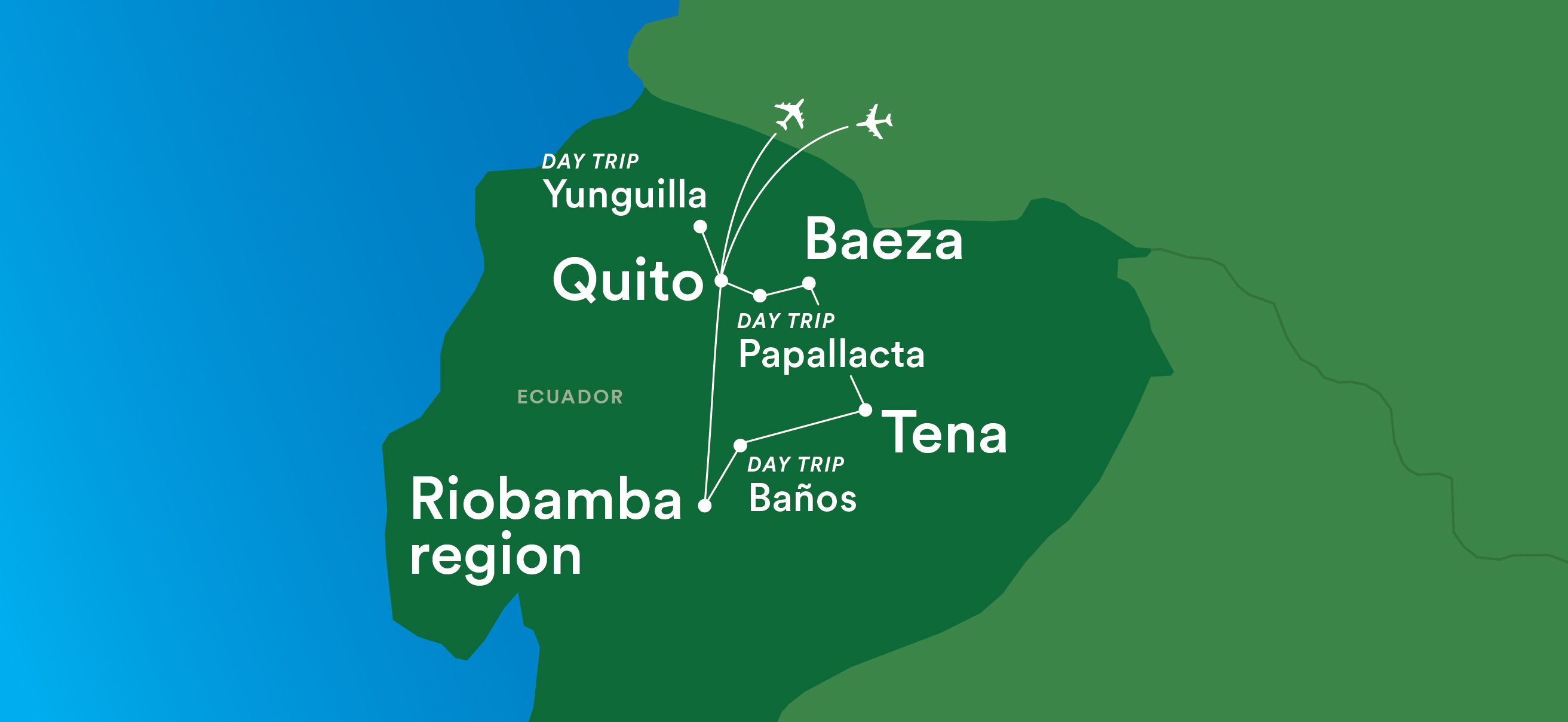Whether your student is travelling within Canada or abroad, it’s important to understand what documents they’ll need to travel smoothly and confidently.
For international tours:
All travellers must have a valid passport, and in most cases, it must be valid for at least six months after the tour’s return date. Some countries may also require at least three blank pages in the passport.
Please ensure the name on your student’s EF account exactly matches the name on their passport they will be travelling with—including first, middle, and last names—as airlines require this for booking. Mismatches can result in denied boarding or costly name-change fees.
Depending on the destination, students may also need a visa or electronic travel authorization (e.g. ETA for the UK, NZeTA for New Zealand, ETIAS for the EU starting in 2026). Requirements vary based on citizenship and residency status, so it’s important to confirm what applies to your traveller. These tools are a great place to start:
travel.gc.ca – Government of Canada travel advice and advisories
Sherpa – Personalized entry info based on nationality
Visa Central – Visa and travel documentation support
After enrolment, your student’s EF traveller account will show destination-specific requirements. EF can also provide supporting documents like itinerary confirmations if needed for visa applications.
For domestic tours (within Canada):
Identification requirements for air travel within Canada can vary depending on a traveller’s age, citizenship, and residency status. In most cases, travellers will need government-issued identification showing their full name and date of birth, and some situations may require photo ID.
Travellers who are not Canadian citizens—including permanent residents and international students—may need to carry a passport and other documents (such as a visa, Electronic Travel Authorization, or study permit), depending on their status.
If your student is under 18 and travelling without a parent or guardian, airlines or accommodations may also require a parental authorization letter.
For the most up-to-date guidance, visit travel.gc.ca.

)
)
)
)
)